MOOC “Story of a Wine: The Importance of Being Prosecco” #179
The oldest Enology school of Italy
Since 2000 the University of Padova offers the bachelor’s degree/1st cycle Degree in “Viticulture and Enology: Science and Technology” in the Campus of Conegliano, located in the city of Conegliano, capital of the Prosecco wine area, about 90 km north of Padova. The city of Conegliano is famous for hosting the oldest Enology school of Italy, turned 140 years old in 2016. Conegliano and Valdobbiadene have been selected as the European Wine City 2016.
The University Campus in Conegliano shares some facilities with the School of Enology. The experimental winery of the Veneto agricultural agency is located in the same Campus. Campus facilities include lecture hall, computer room, analytical laboratory with HPLCs, Gas spect etc. and sensory analysis laboratory.
The three-year Degree Course in Viticultural and Oenological Sciences and Technologies has been present in the territory for more than 20 years and trains successful oenologists both locally and nationally/internationally.
Prosecco wine and its history for everyone interested
In 2021 three Professors of Degree in “Viticulture and Enology: Science and Technology” decided to create a MOOC (Massive Open Online Course) on Prosecco wine and history. The idea was born from the need to have an innovative and captivating educational-informative tool that covers the contents of the Degree Course at 360 °. With these characteristics, the MOOC can be used both as a leveling tool for students of different educational backgrounds, and as an orientation tool for all students wishing to make a choice to enroll in the Degree Course in Viticultural Oenological Sciences and Technologies.
Telling the story of Prosecco on the innovative free platform
The MOOC was produced on the Future Learn platform because the story told today has international relevance and we are convinced that many foreign students, but also producers, technicians or citizens, can find it interesting.
The MOOC also aims to tell how the success of Prosecco wine was achieved, highlighting the positive aspects but also the critical issues that are linked to this success. In telling this story we have tried to involve all the actors present in the area, including our former students who have become important producers and to report the different points of view of each.
Furthermore, we have tried to accompany the students in a stimulating way through the various stages of Prosecco wine production: from the cultivation of Glera, the vine that occupies most of the hills between Conegliano and Valdobbiadene, recently recognized as a UNESCO site, up to vinification in the cellar and the tasting of the final product. The innovation lies both in the tool we used for our story and in the subject that had never been told in its entirety.
With all these characteristics, and being available for free on the Future Learn Platform, the MOOC can be also an useful instrument to promote the territory and increase the knowledge about this unique wine.
The course curriculum: 4 weeks, 3 hours per week
The activities of the MOOC are organized in 4 weeks, with a workload of about 3 hours per week. Each week is divided into about 10 sub-activities (steps), which can be videos, articles, or individual research activities. Much space is given to peer interaction between learners.
The first week explains how the environment, the Glera variety, the Prosecco community and their interactions worked together to create a unique product like Prosecco. The specific geomorphology of the territory is described, as well as the role of the Consortia and of the research institutions.
The second week explains in a very simple way the technique for Prosecco wine production (both base and sparkling wines) and introduces an important focus on the Prosecco Regulation and Quality Control.
The third week faces the problem of the environment, treating arguments related to the use of pesticides or to soil erosion. Therefore, attention was paid to the future challenges linked to the recent recognition of the Prosecco area as a Unesco heritage.
The fourth and last week is devoted in its first part to the Prosecco marketing and how it has changed over time. Then some suggestions are given on how to critically read a label and on how to properly taste a glass of Prosecco.
Until now, almost 1400 peoples from 114 countries joined the MOOC.
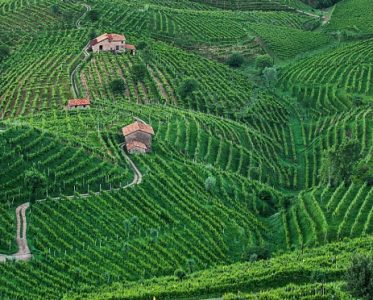
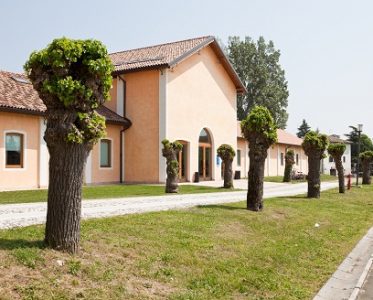
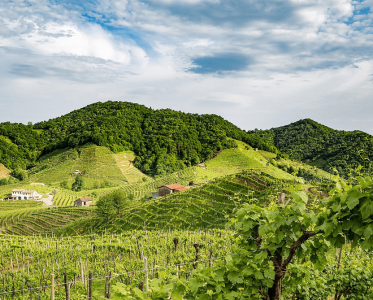
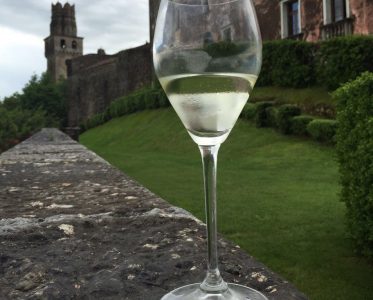
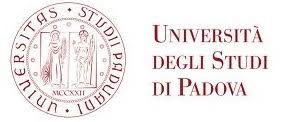
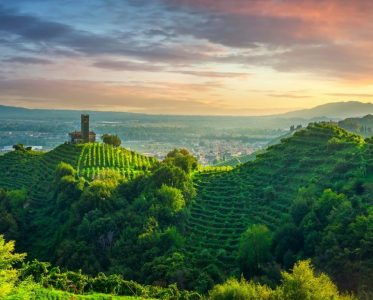
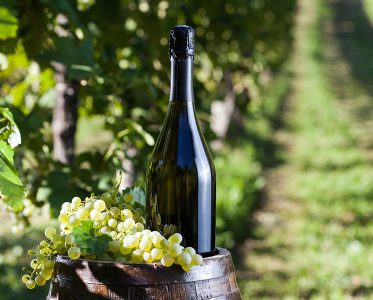
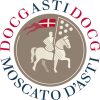


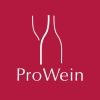

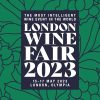
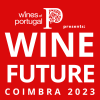

Reviews
I very much enjoyed the course. It gave me a much better appreciation of the complexity of interwoven systems that lead from the vine, or really the terroir, to the glass. The exercises and mini quizzes were useful in highlighting things I needed to revise and I liked the padlets. I do have a better appreciation of Prosecco as a high quality product and have downloaded the tasting sheets to encourage continued exploration. Thank you very much.
Stephen
I have certainly learnt a lot about Prosecco – from the production to drinking to how to taste. It has certainly helped me to appreciate Prosecco and how much actually goes into production. Since I first tasted Prosecco, in Italy, I have always enjoyed it! Thanks very much for a great course – thoroughly enjoyed it and look forward to experimenting on the tastes.
Anita
I’ve enjoyed dipping in and out of this course. As usual the comments and questions from fellow learners are always an extremely helpful and engaging part of these futurelearn courses. I like that I can now look at a label and find it informative (even work out the year a DOCG was bottled!) and that I can appreciate some of the differences between Prosecco and Champagne. The geographical elements were really helpful too. I will certainly try to taste my Prosecco with some thought in the future. All in all one can take as little or as much as one prefers from a course like this and that is the pleasure of this experience. Thank you.
Melinda